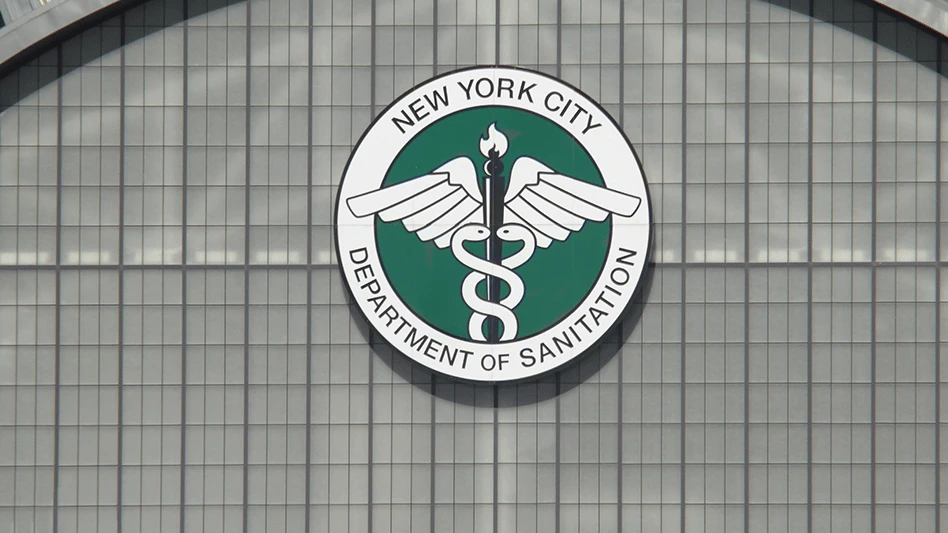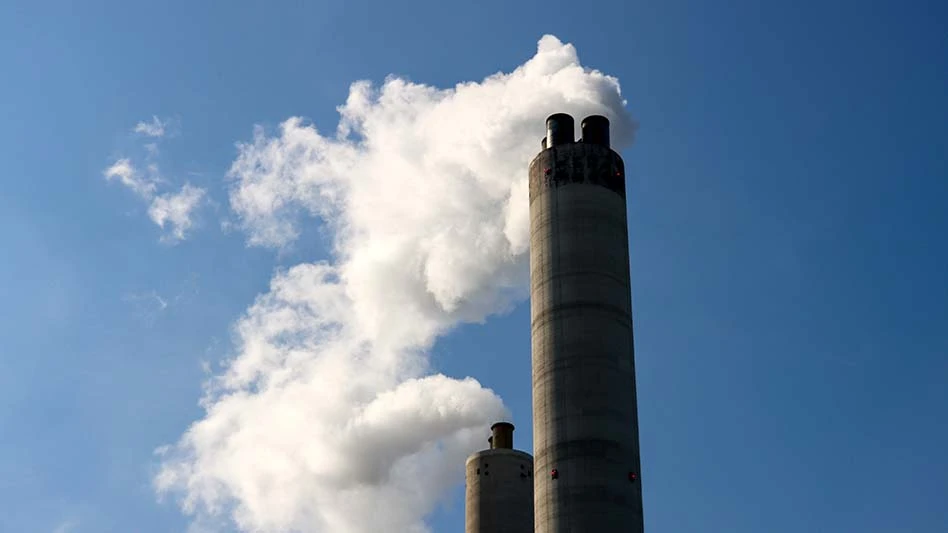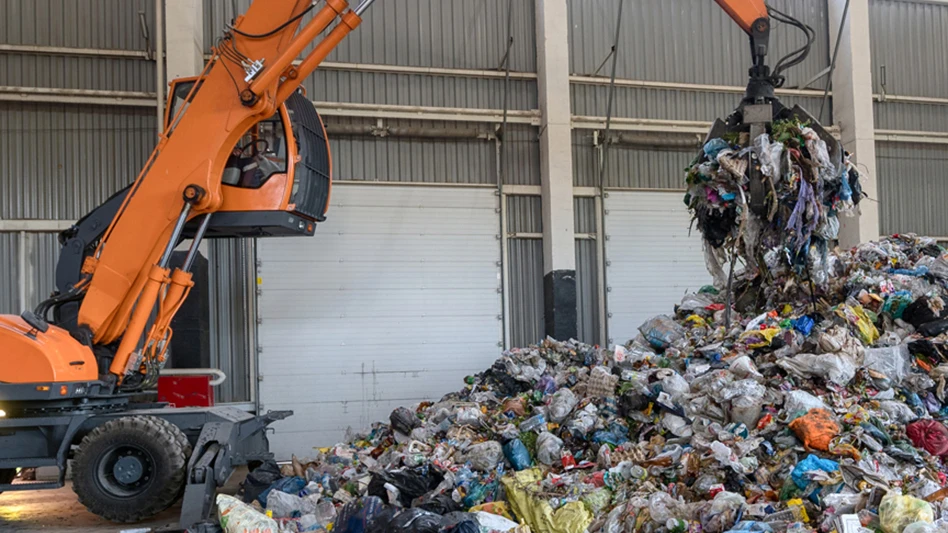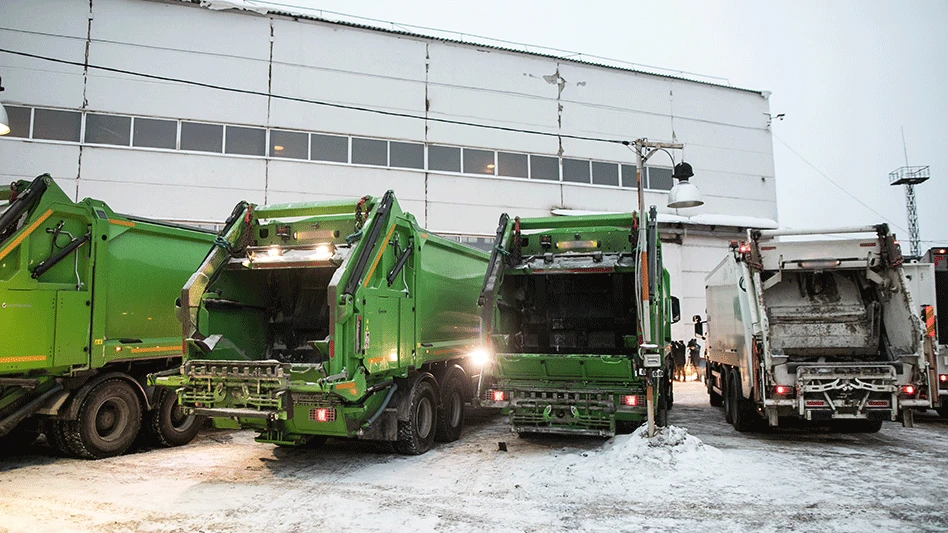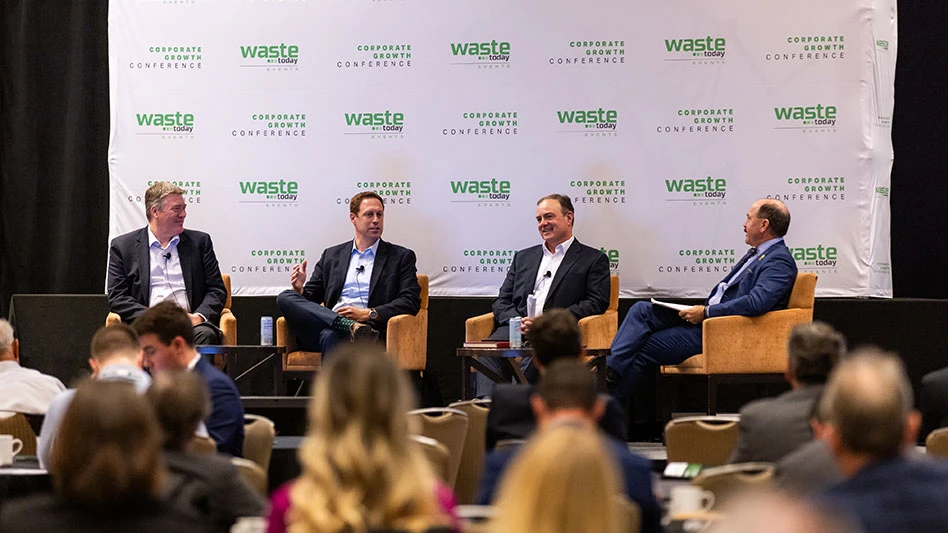The US Composting Council (USCC), Raleigh, North Carolina, and the US Biochar Initiative (USBI), Portland, Oregon, have signed a memorandum of agreement to establish a formal partnership that aims to enhance soil health, water quality and sustainability through the combined use of compost and biochar.
The partnership is designed to leverage the strengths of both organizations in achieving shared environmental goals.
“A partnership with USBI is a natural fit for the USCC as compost and biochar are excellent partner products to improve porosity, increase organic matter and conserve water,” says Frank Franciosi, executive director of the USCC. “This partnership will bolster our mission of promoting composting as an integral component of soil health and organics recycling.”
The USBI-USCC partnership will be built on the following shared goals:
- improving plant health through compost and biochar use as soil amendments;
- improving soil structure through compost and biochar use as soil amendments;
- improving water quality and water conservation through biochar and compost use as soil amendments;
- reducing soil erosion with biochar and compost use as soil amendments;
- disposing of and use plant waste through the composting and biochar processes to reduce odor, reduce greenhouse gas emissions, sequester carbon and create valuable materials; and
- promoting the value of biochar and composting to assist in developing sustainable communities.
USBI and USCC say they wish to seek out opportunities to cross-promote initiatives and campaigns that raise public awareness and inspire individuals and USBI and USCC agree to professional exchanges in various policy, education and research opportunities.
“This partnership creates a significant biochar market development opportunity, with the potential for composters to integrate biochar into their operations, both by producing biochar as a waste management tool and by using biochar to improve the composting process and the quality of the final product,” says Myles Gray, USBI program director. “By combining our strengths, we hope to drive large-scale advancements in soil health and carbon sequestration, unlocking substantial growth potential for both industries while benefiting farmers and the environment.”
Latest from Waste Today
- NYSAR3 seeks respondents to commercial recycling survey
- Aemitis AD system goes online
- Liebherr breaks ground on logistics center
- Rubicon appoints new CFO
- Nexus W2V attracts funding for waste conversion project in Indiana
- Republic Services signs up for oil recycling program
- Alabama city offers partnership to divert electronics from landfills
- Corporate Growth Conference 2024: The opportunities and challenges of organics recycling
